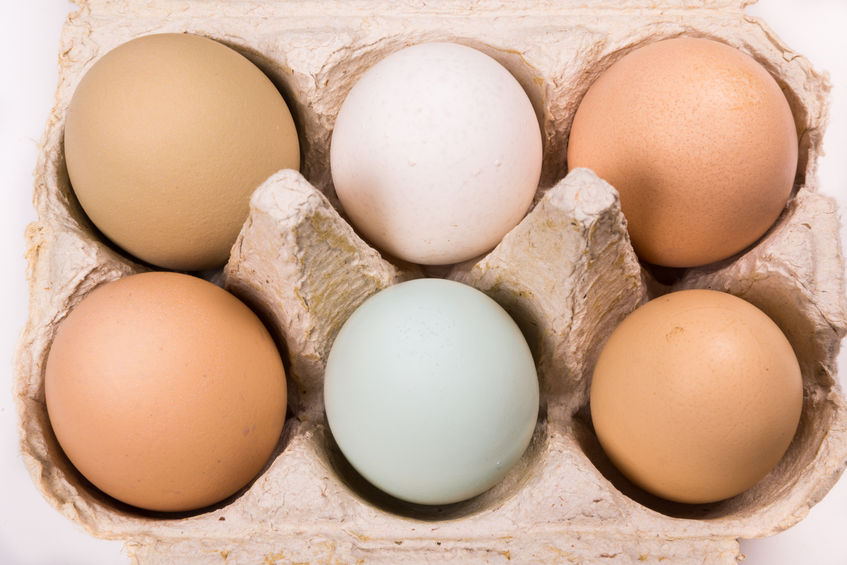New report highlights eggs as "nature's multivitamin"

New research has concluded that the humble egg’s unique combination of high quality protein and essential vitamins and minerals means it should be termed ‘Nature’s multivitamin’.
The research review, to be published in the June issue of Complete Nutrition, highlights the growing scientific literature linking regular egg consumption with tangible outcomes such as weight management, muscle function and vascular health.
“The evidence is pointing to a specific role for eggs in health, as Nature’s very own multivitamin,” said report author Dr Carrie Ruxton.
“This may mean that health professionals could be justified in actively promoting the consumption of eggs.”
The paper highlights that as well as containing high quality protein and fatty acids, there are a number of key nutrients found in eggs - including vitamin D, B vitamins, selenium, iodine and choline - that are not present in many other foods, and in which many population groups are known to be deficient.
The research review confirms that eggs have been shown to help with weight management, with several studies showing that the consumption of eggs can influence hunger and satiety as well as appetite hormones.
'Natural pharmacy'
One recent study suggested that the balance of amino acids in egg protein may mean it is metabolised more slowly than in other protein-rich foods, hence producing a different profile of hormones.
Emerging research has shown that eggs may have a positive impact on health in people with Type 2 diabetes; and there are several areas in which they may benefit the health of older people.
One recent study showed that egg intake may have a beneficial association with cognitive performance in older people, and eggs can also play an important role in boosting the protein content in the diet of older people at risk of sarcopenia (muscle wastage).
Dr Carrie Ruxton added: “As recent government data show, eggs are a veritable natural pharmacy of vitamins, minerals, fatty acids and protein, putting them on a par with most of today’s superfoods. Yet eggs are much more affordable and versatile.”
According to statistics, the UK produced 10,372 million eggs in 2016, imported 2055 million eggs and exported 135 million eggs.
Free range eggs continue to be the consumers' choice favourite.








